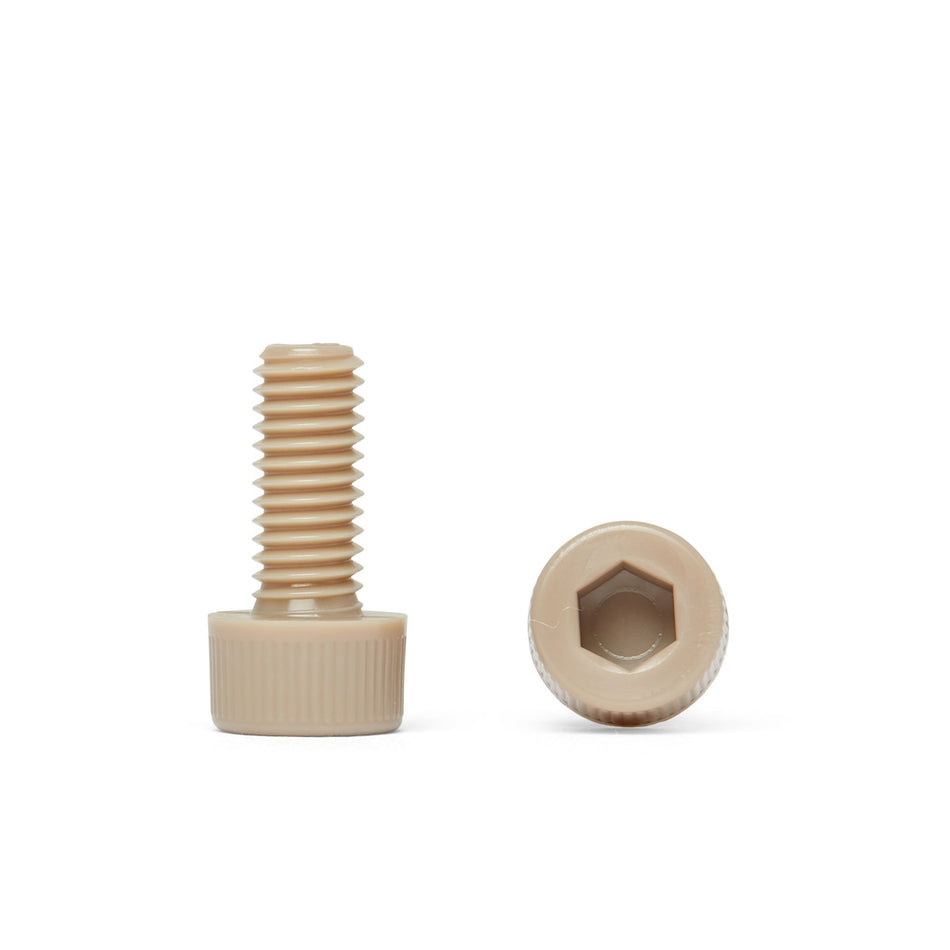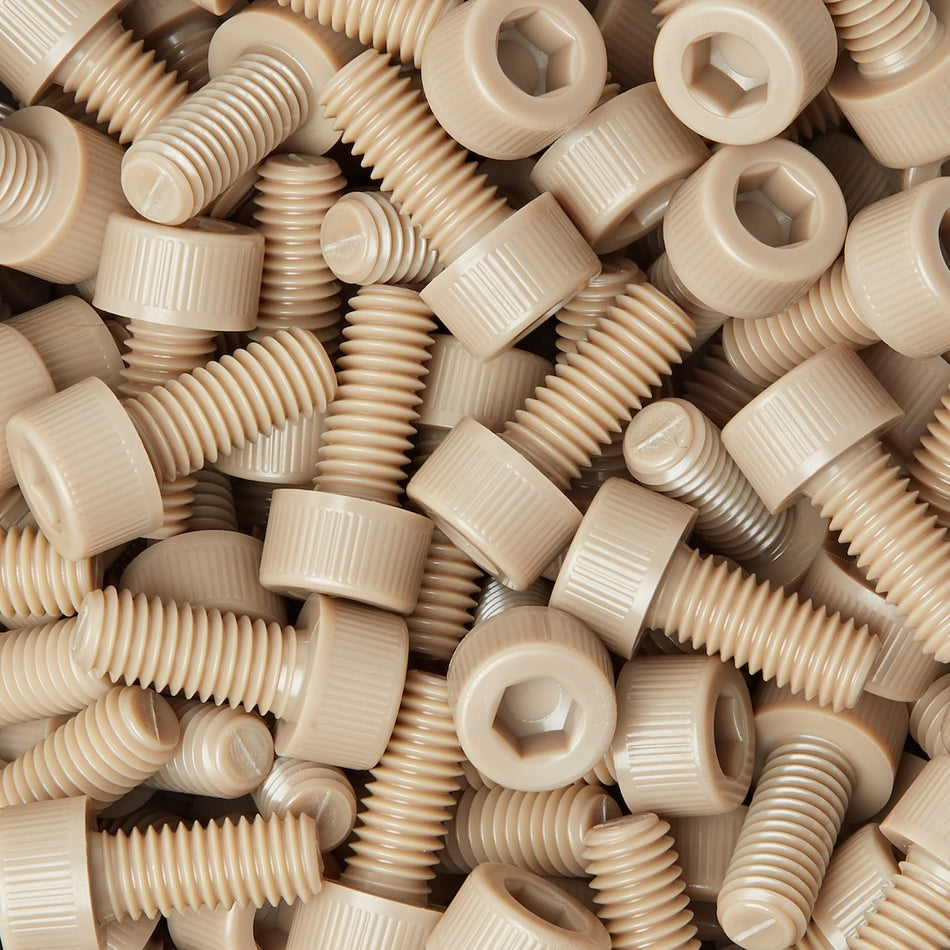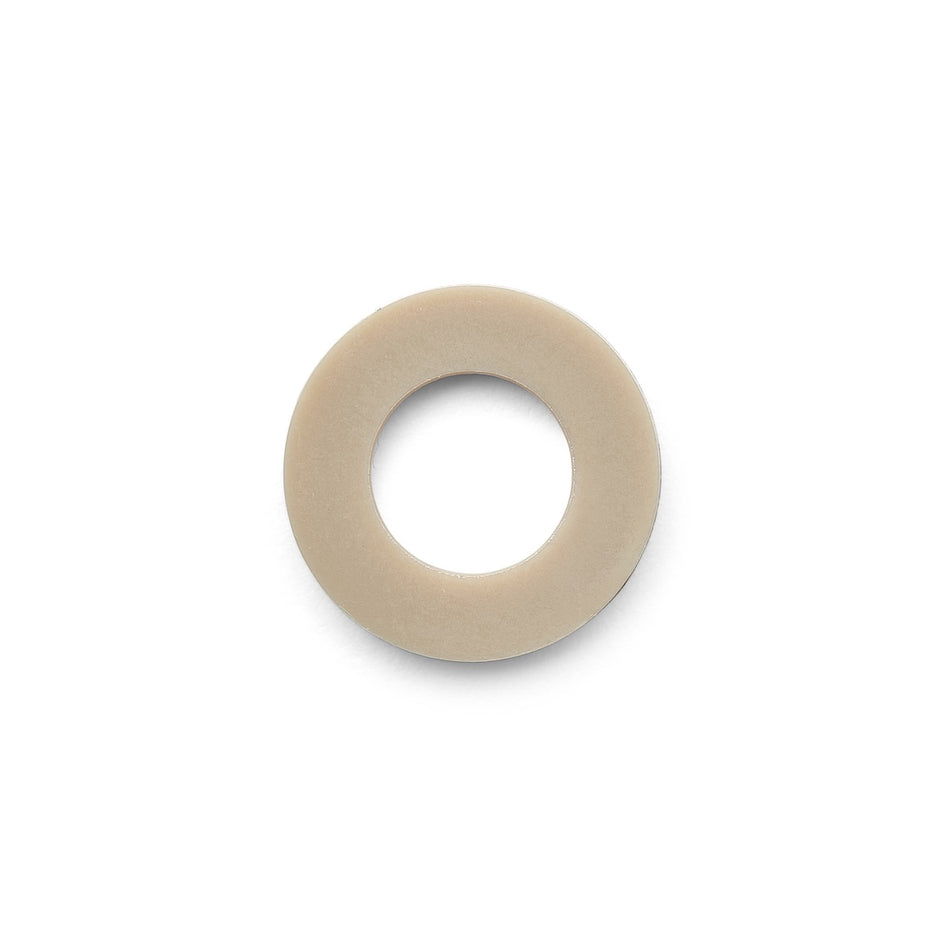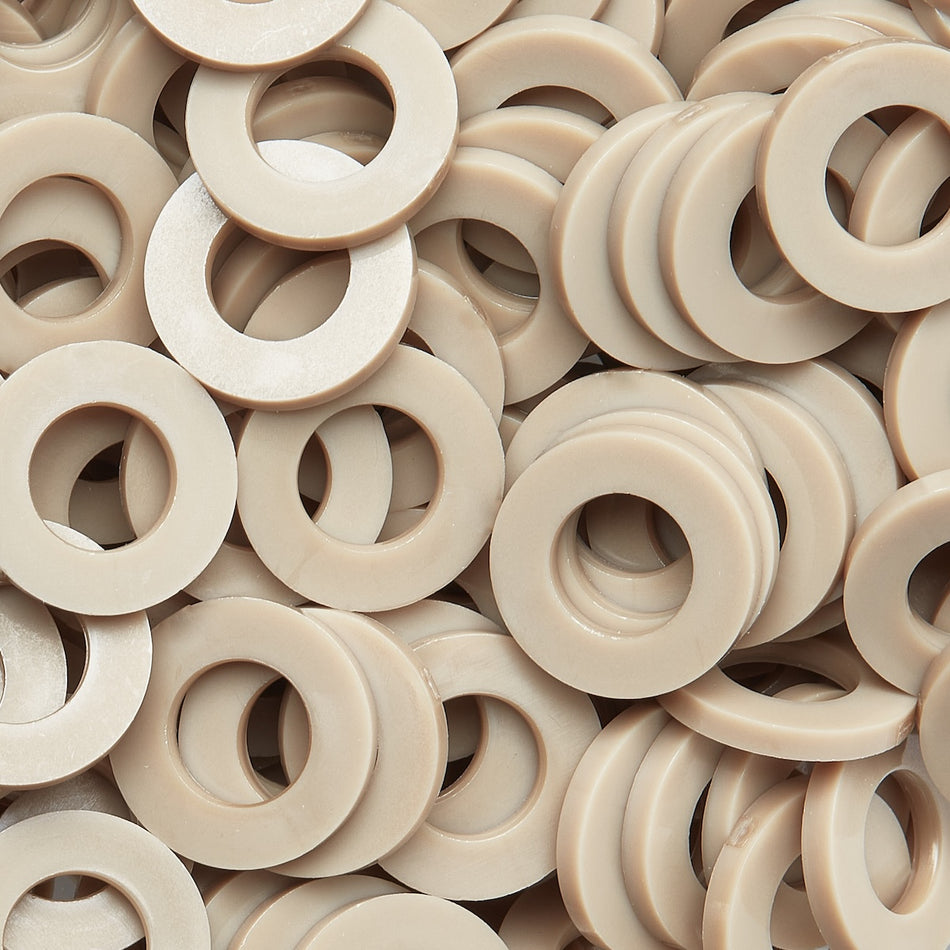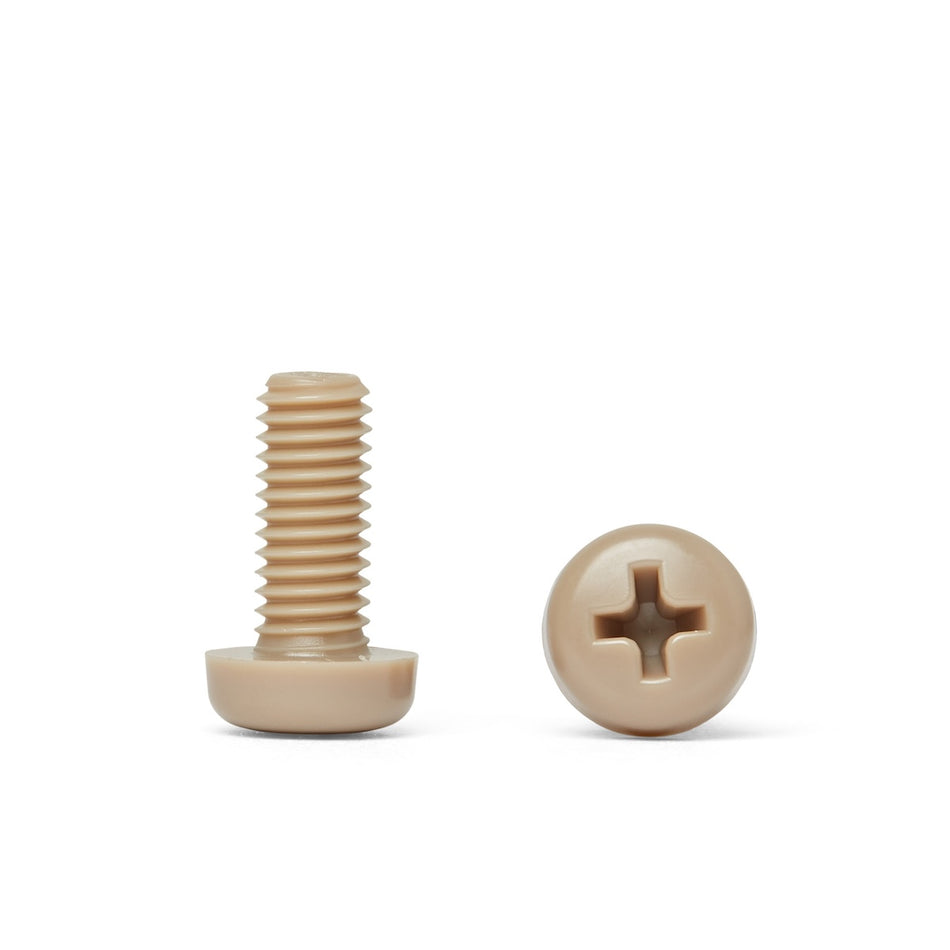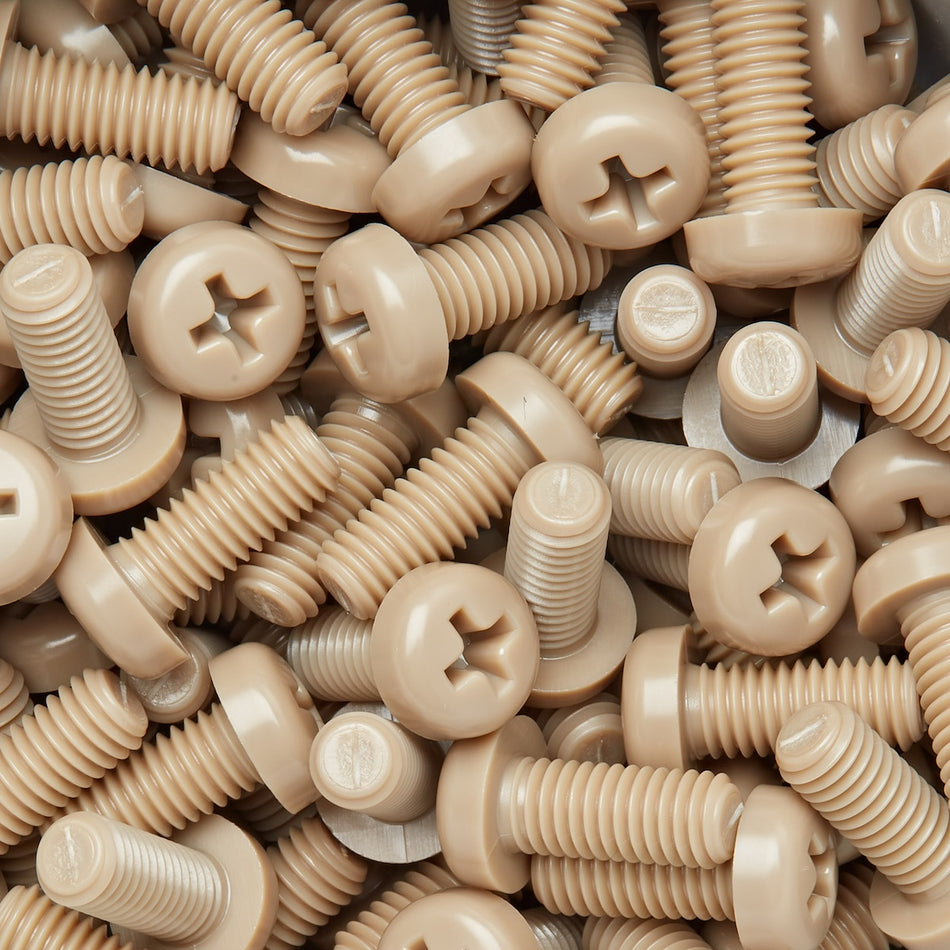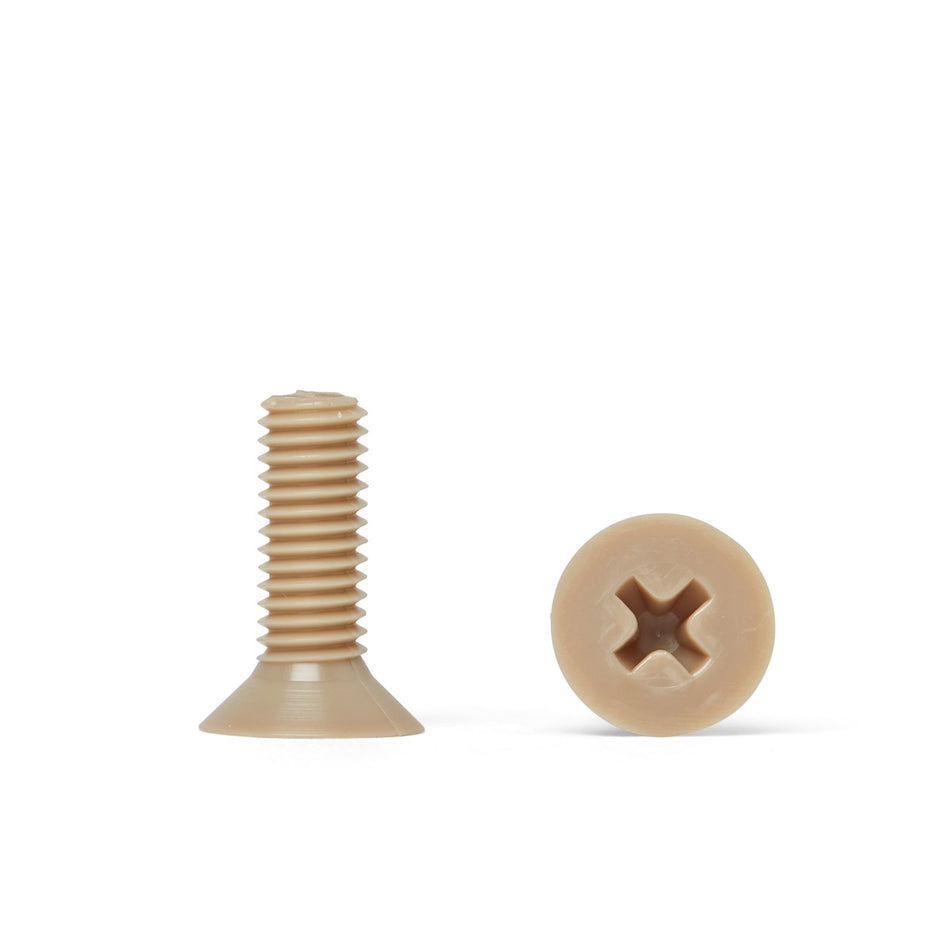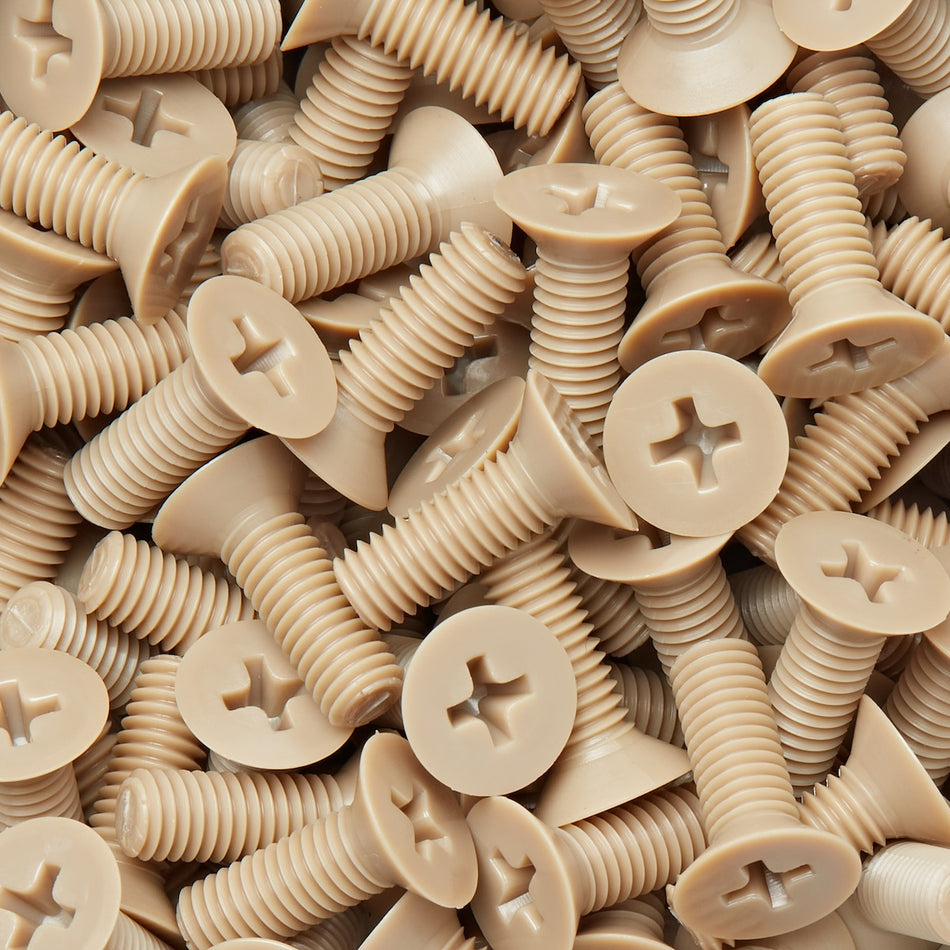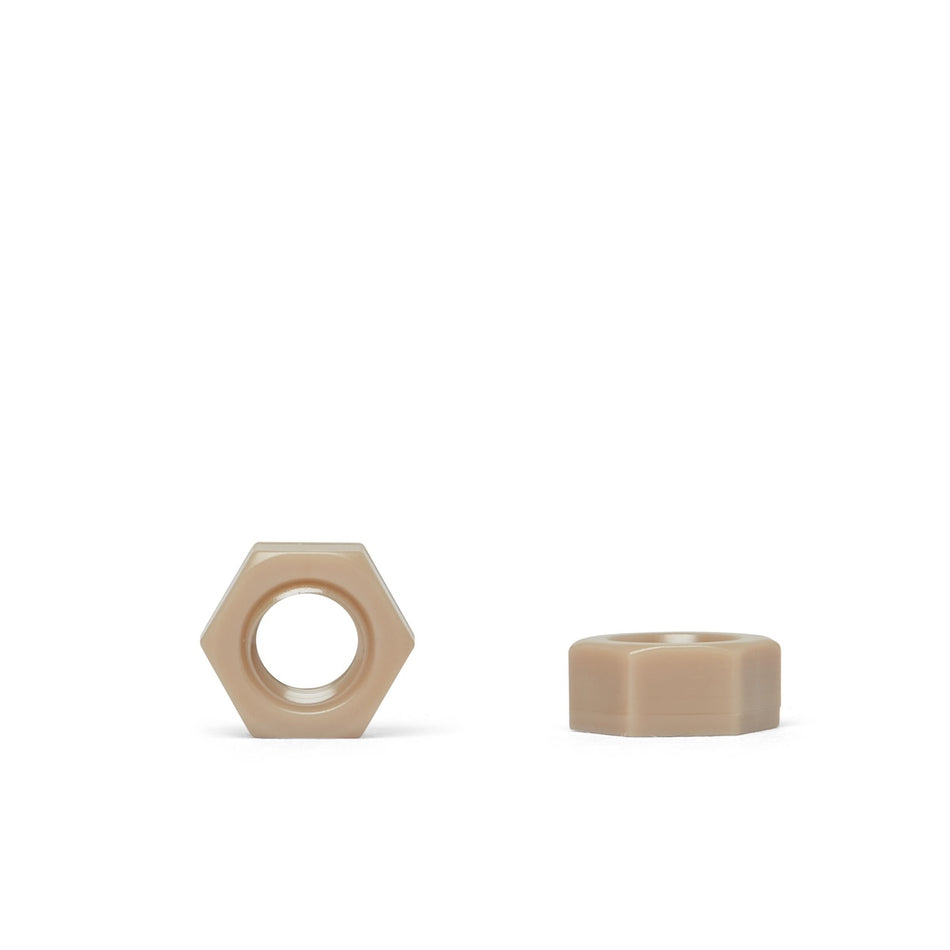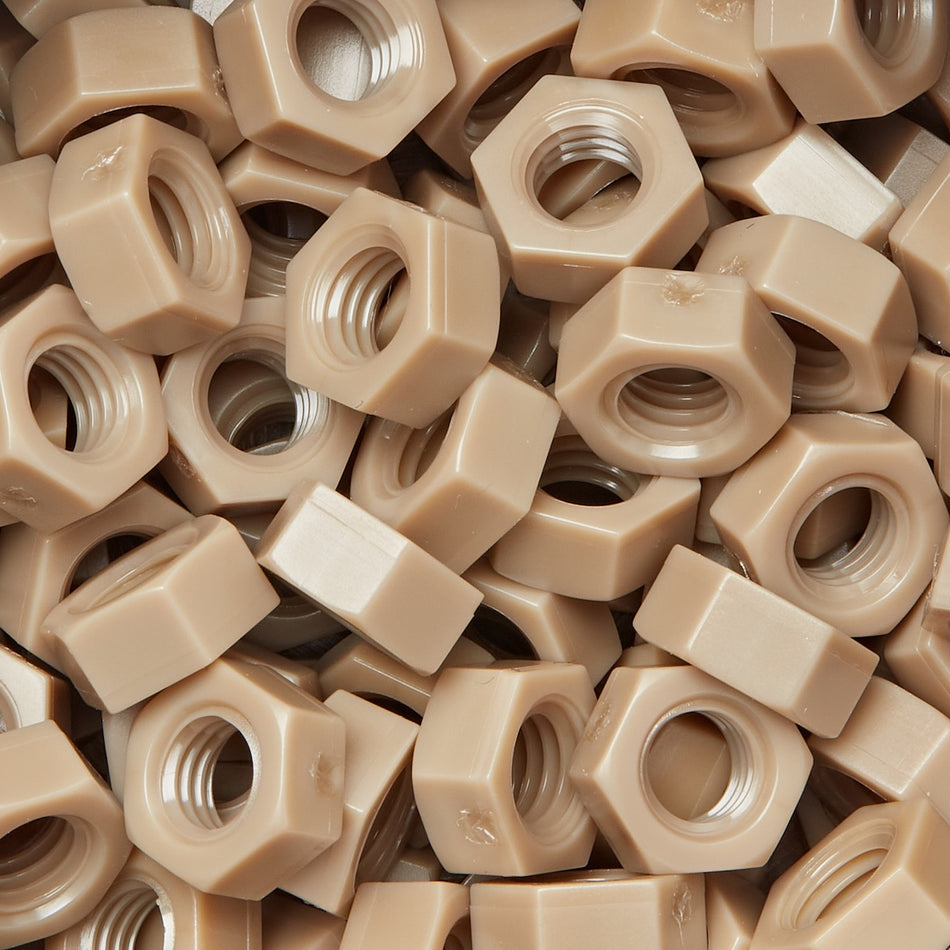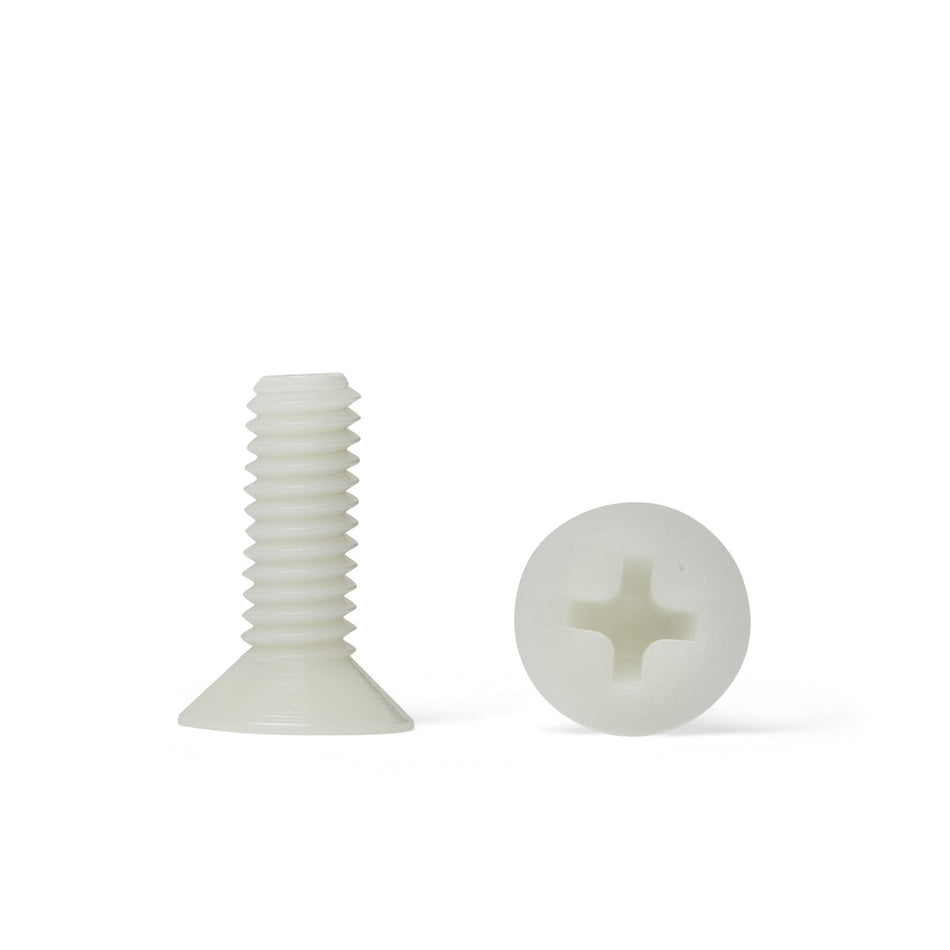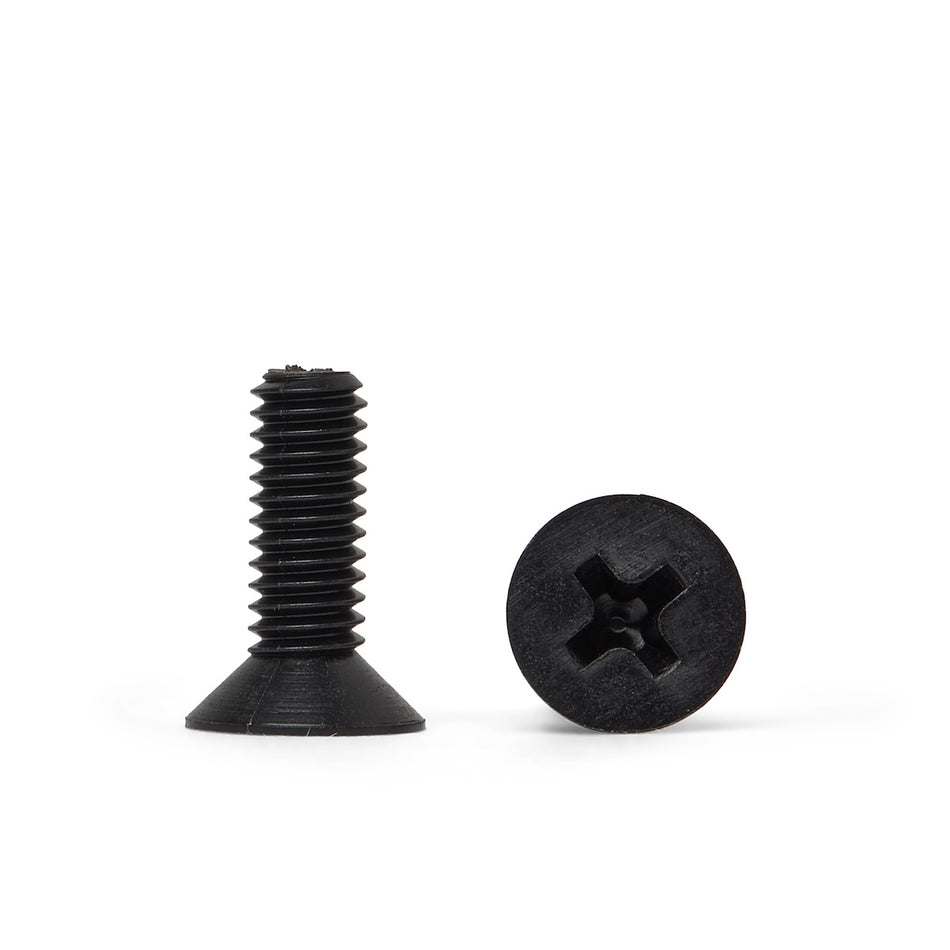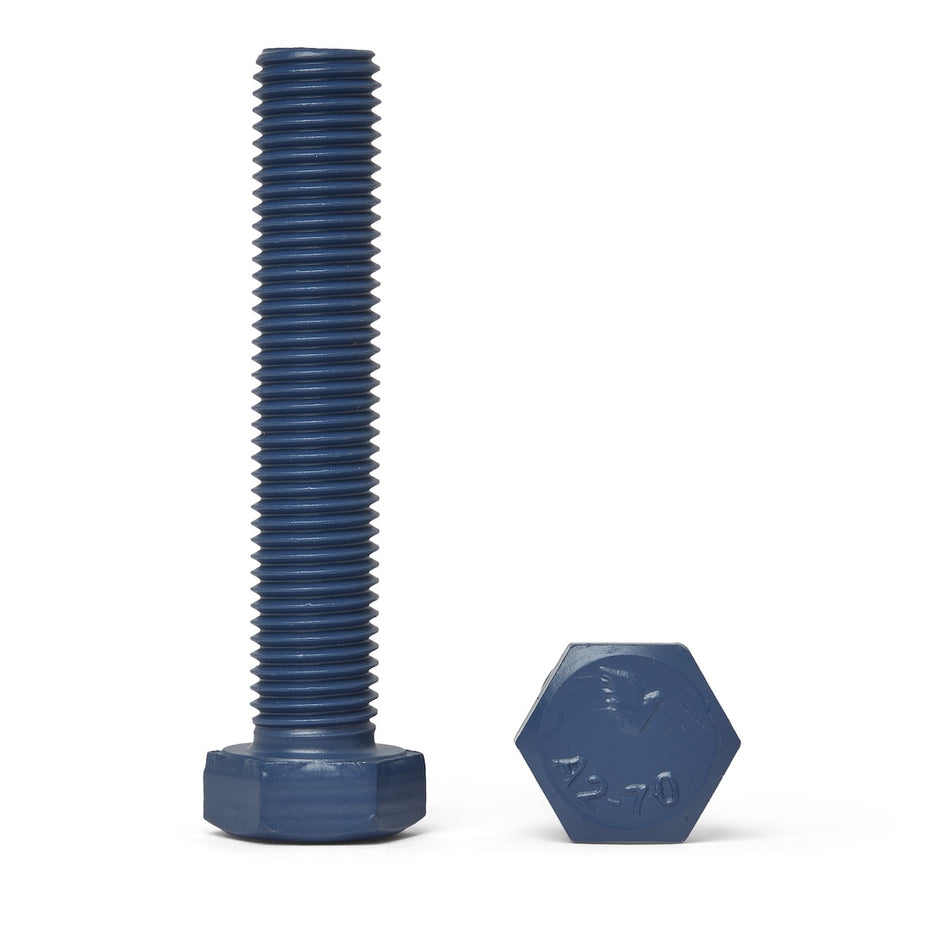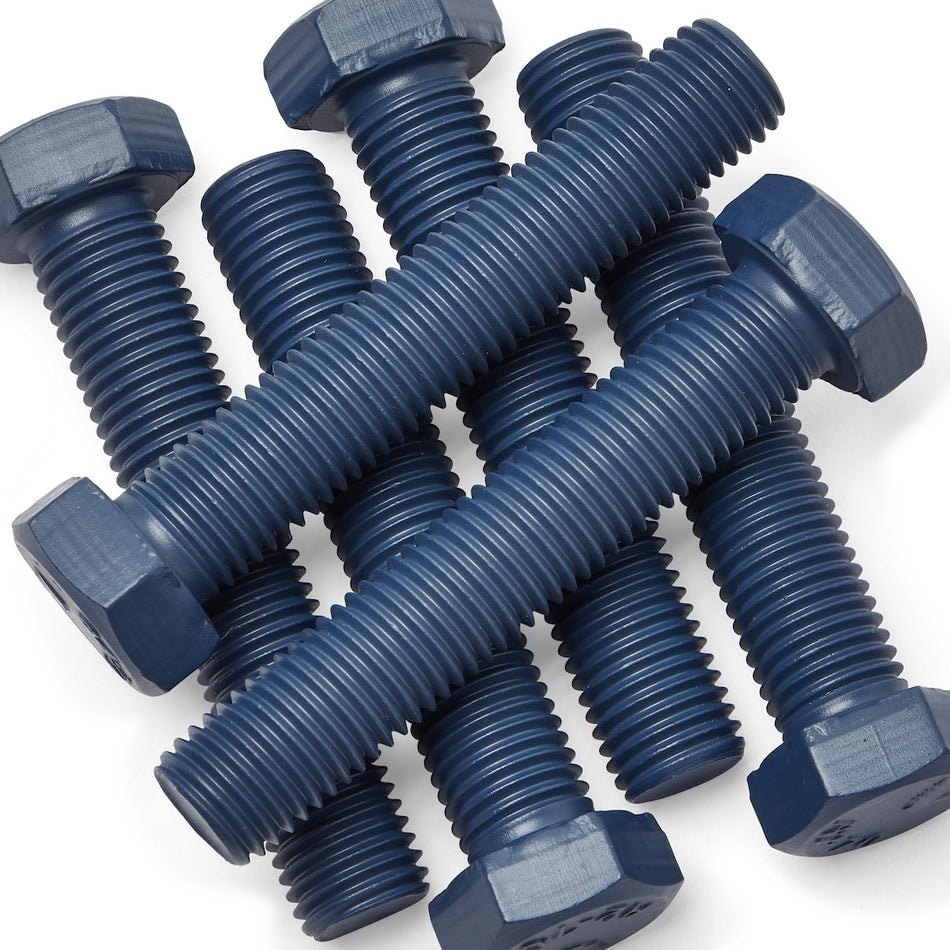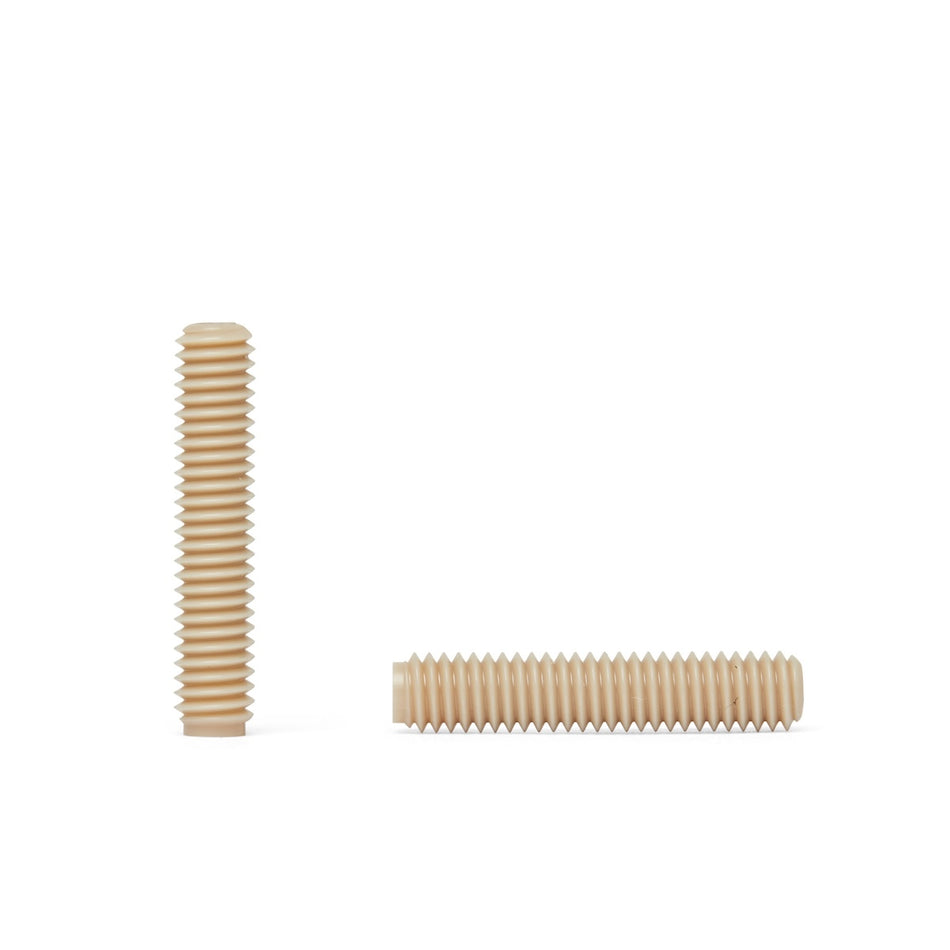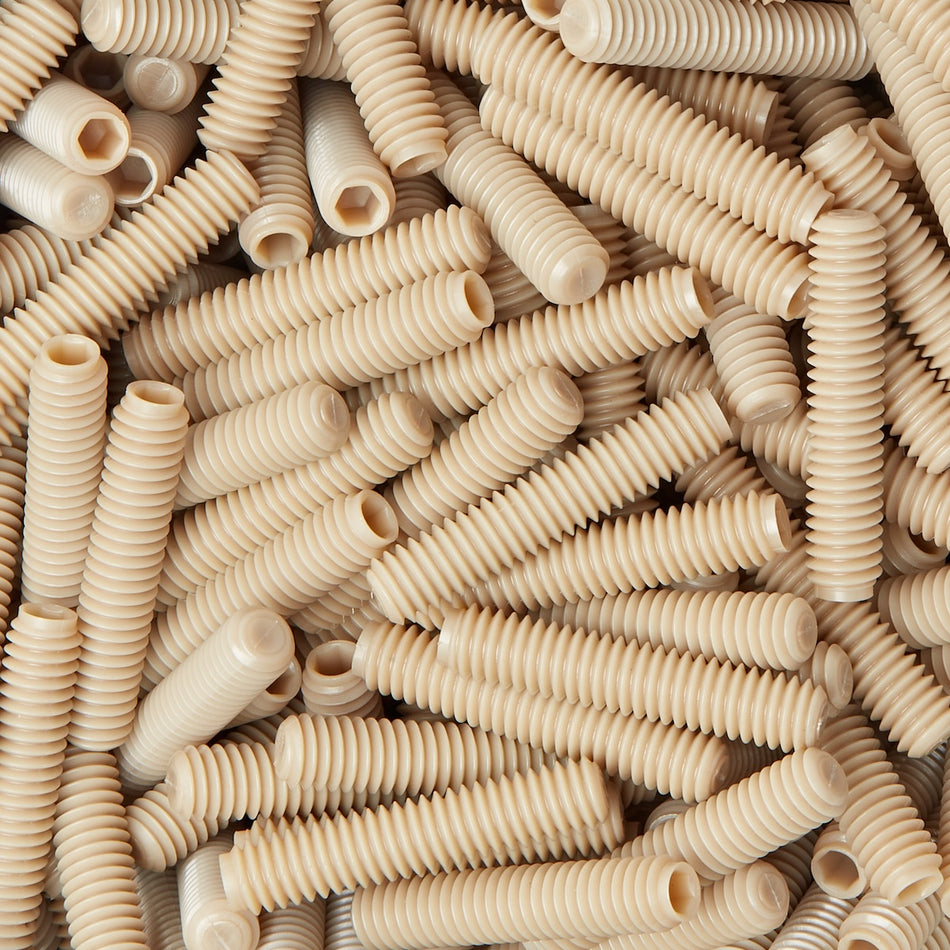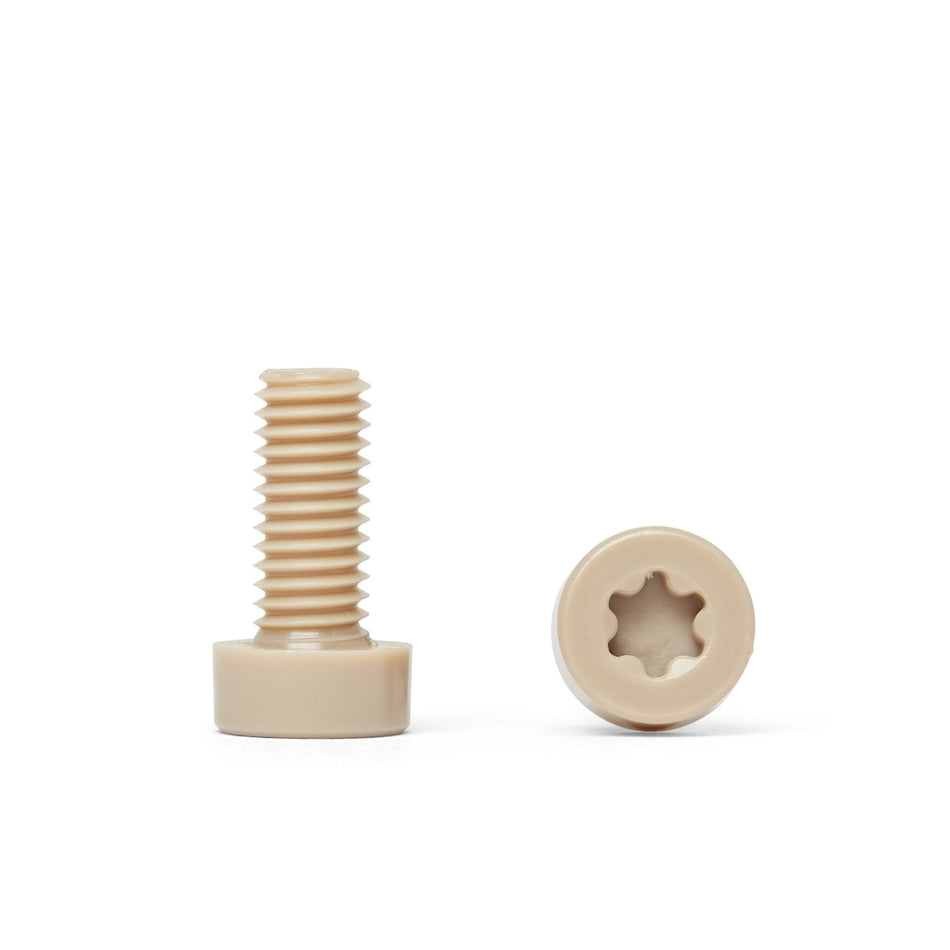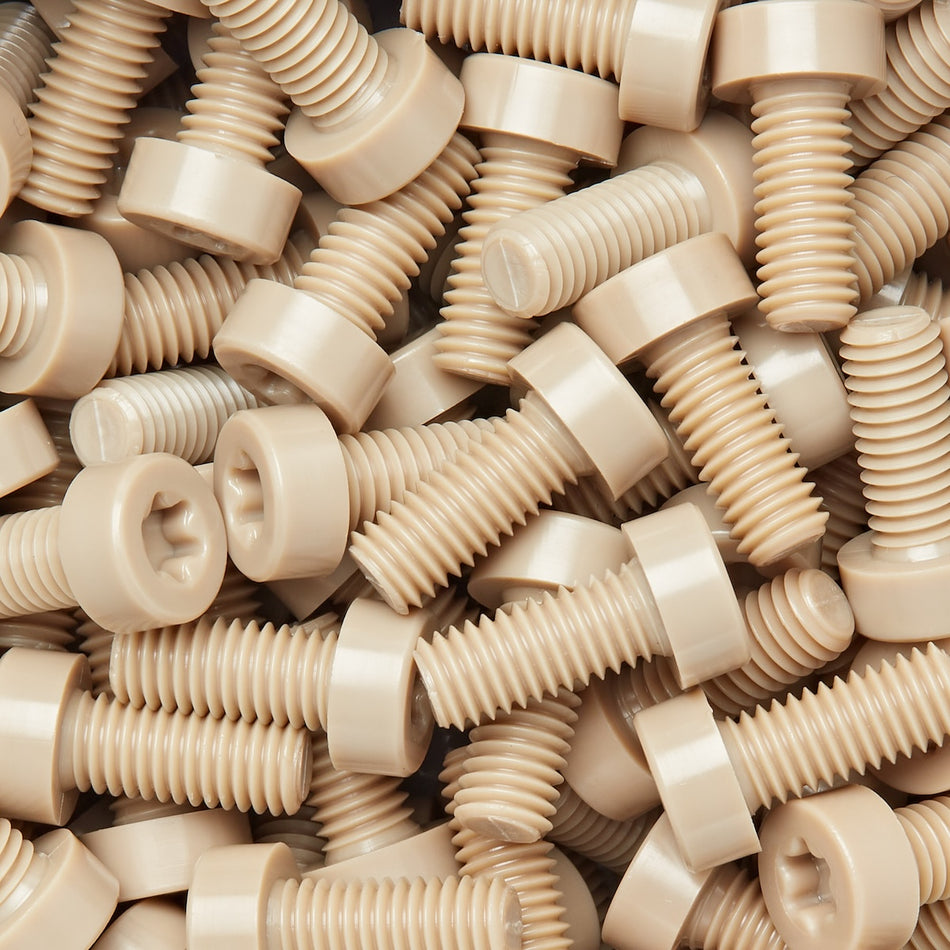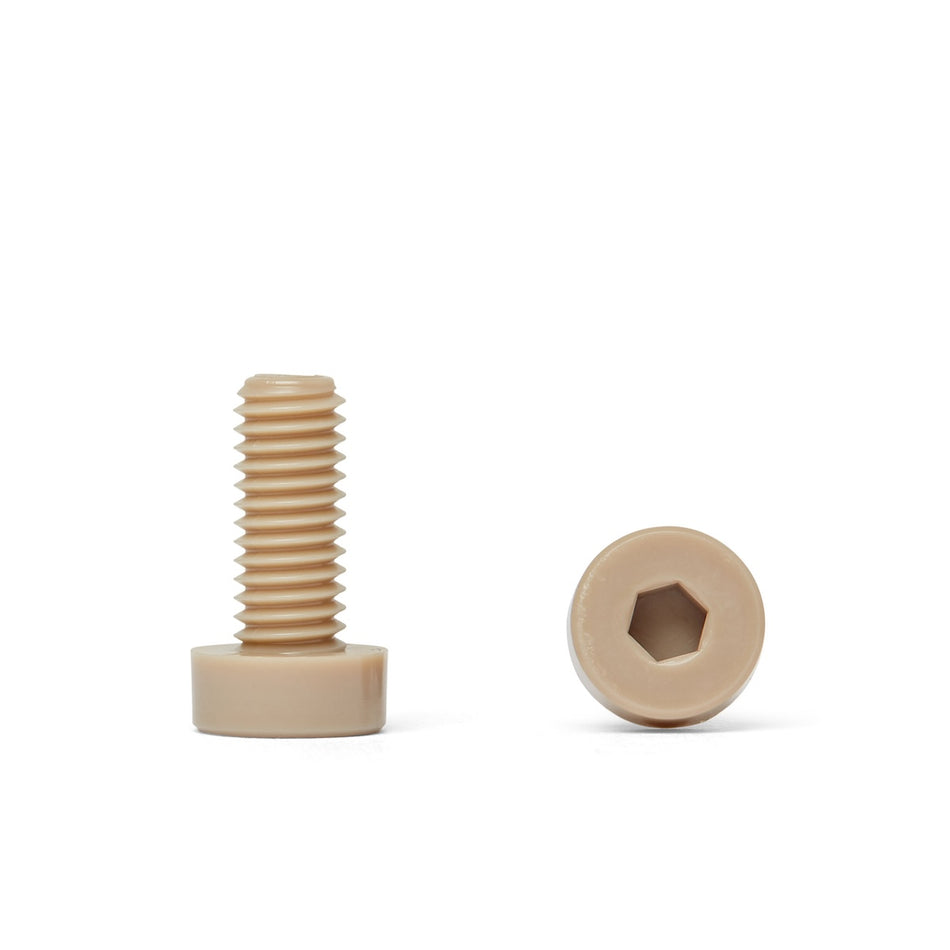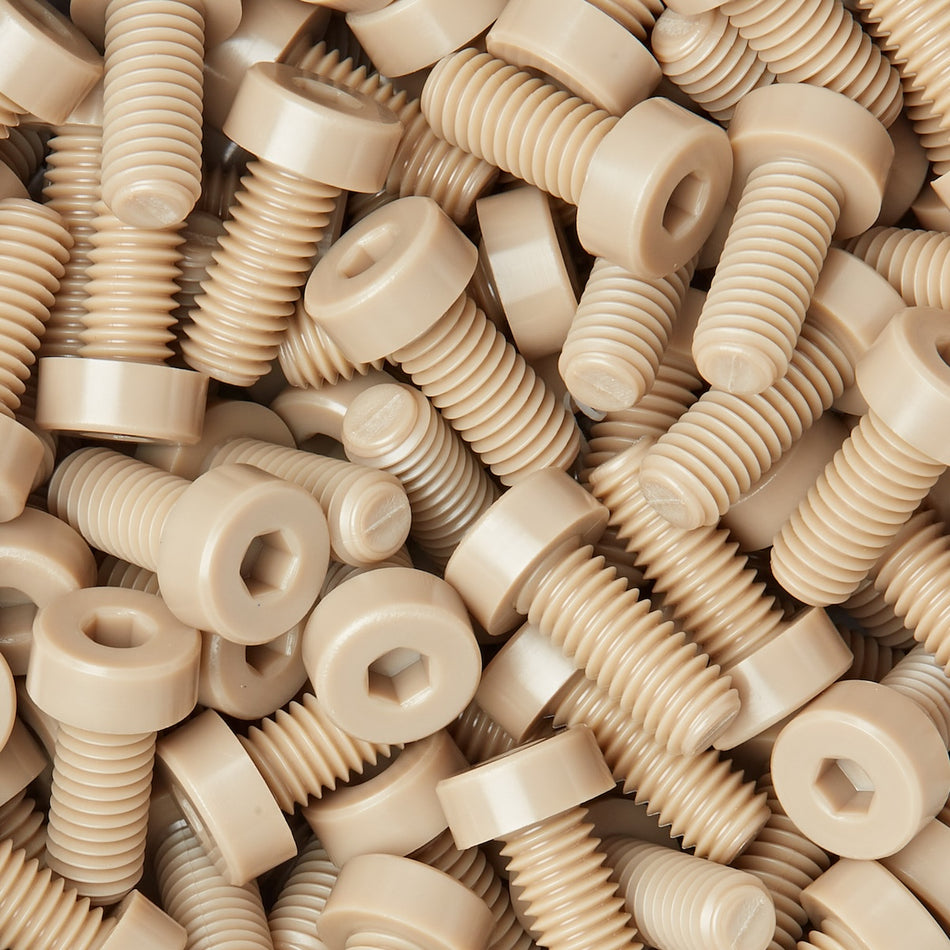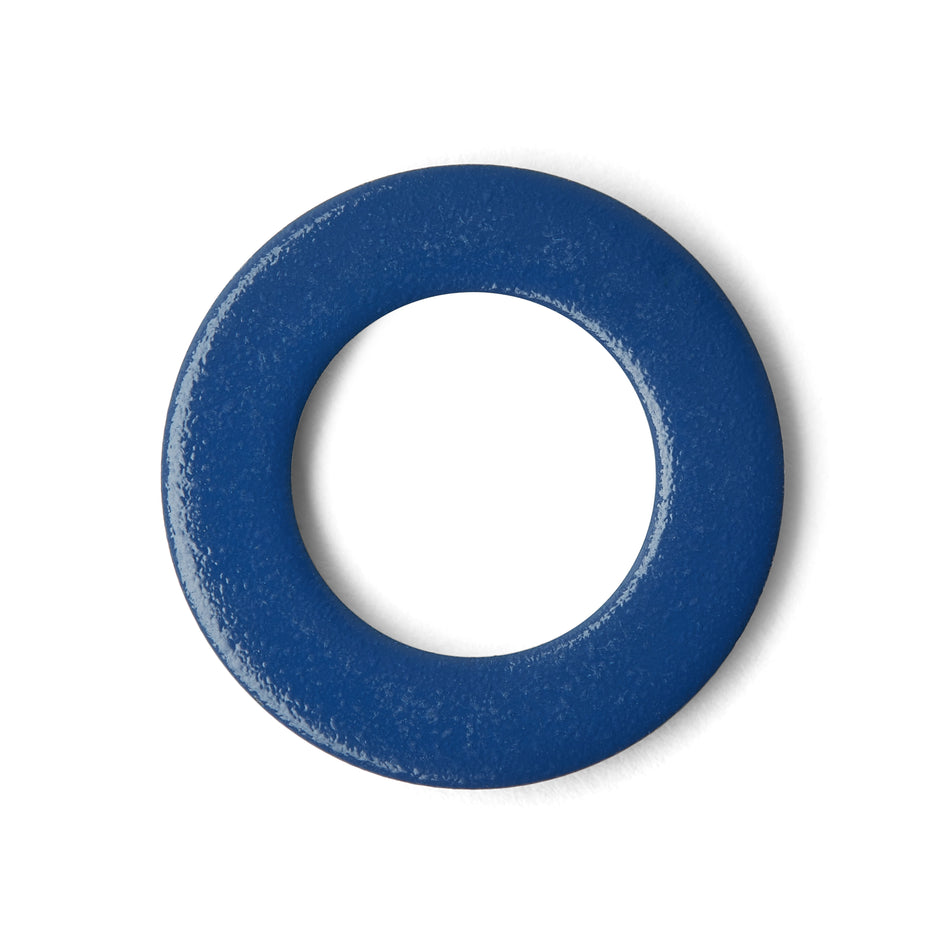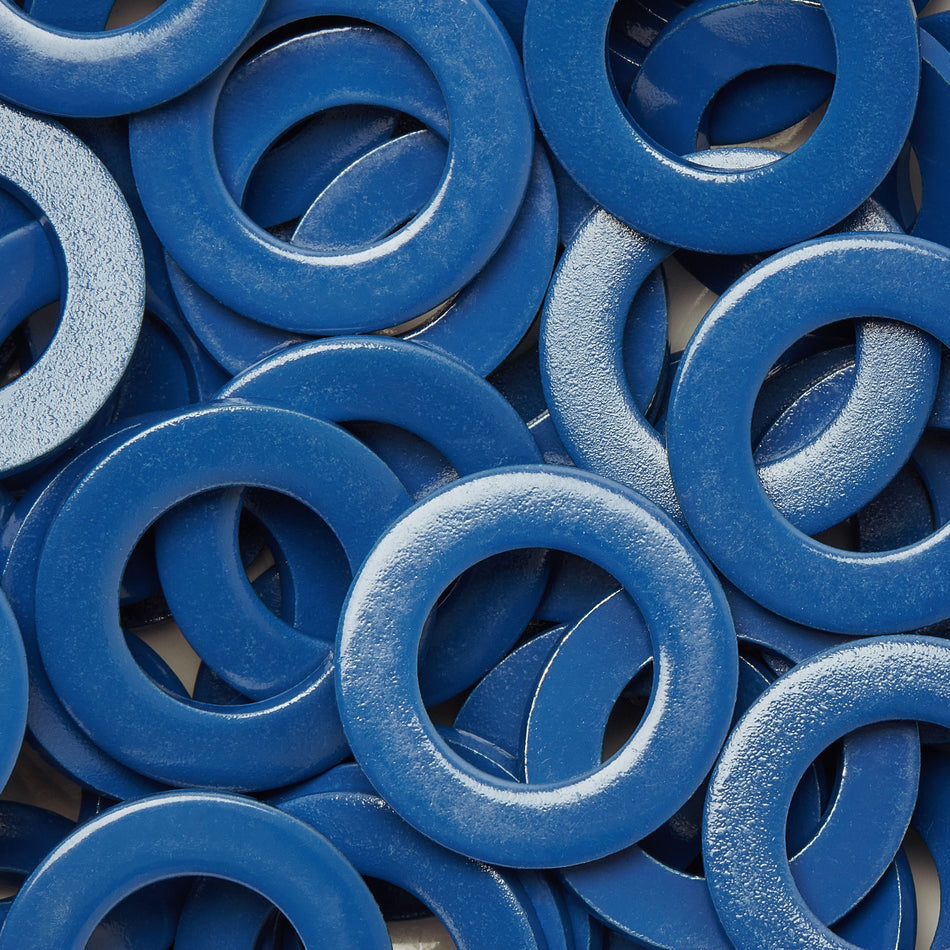180 Products

Why Are Corrosion Resistant Fasteners Needed?
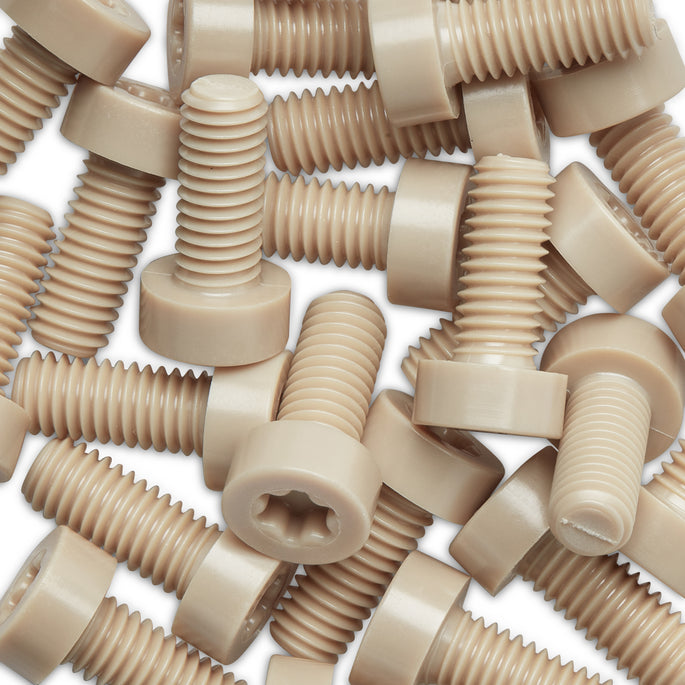
Types Of Corrosion Resistant Fasteners

Common applications of corrosion resistant fasteners
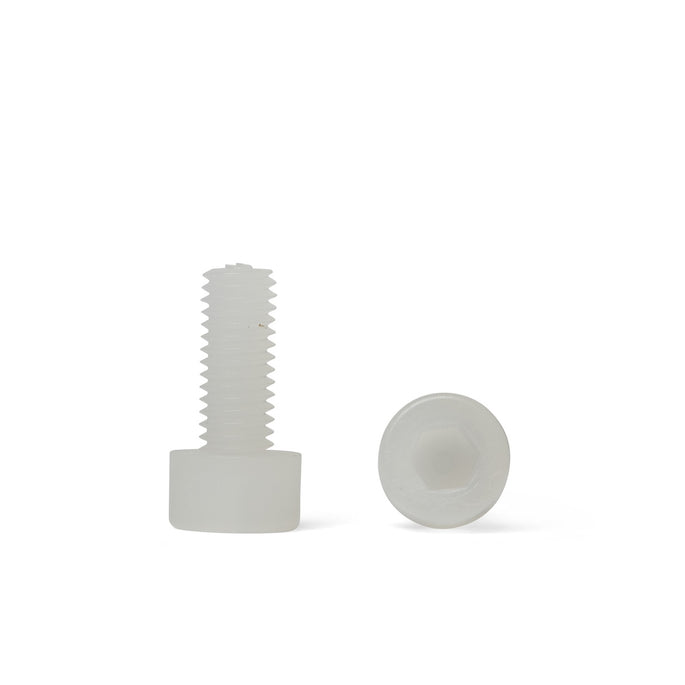
What makes polymers great corrosion resistant fasteners?
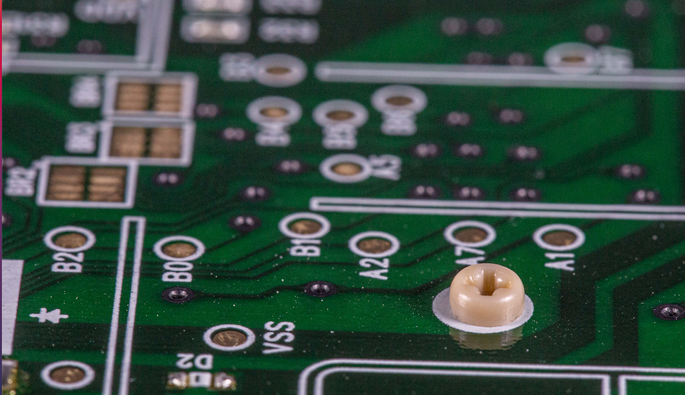
What Are The Benefits Of Corrosion Resistant Fasteners?
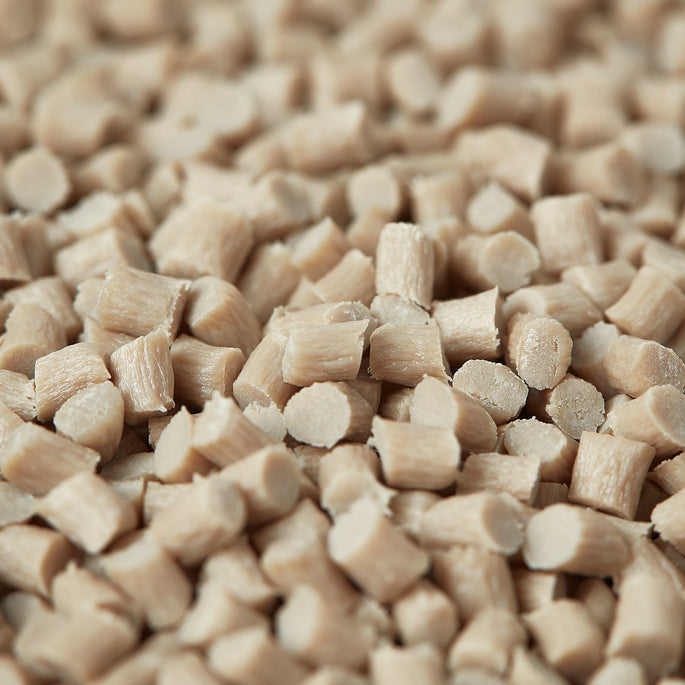
Other beneficial properties of corrosion resistant polymers
Corrosion resistant polymer fasteners are a type of fastener that is made from polymers, or plastic materials, that are resistant to corrosion. These fasteners are used in a wide range of applications where corrosion could be a problem, and they offer several benefits over traditional metal fasteners.
One of the main benefits of corrosion resistant polymer fasteners is their lightweight and easy-to-handle properties. This makes them particularly suitable for use in applications where weight is a concern, such as in the aerospace and automotive industries. Polymer fasteners are also typically easier to install than metal fasteners, as they do not require specialised tools or equipment.
In addition to their lightweight and easy-to-handle properties, corrosion resistant polymer fasteners also offer good electrical insulation properties. This makes them suitable for use in electrical and electronic applications where electrical insulation is important.
There are several types of corrosion resistant polymer fasteners, including polyetheretherketone (PEEK) fasteners, polyphenylene oxide (PPO) fasteners, and polyvinylidene fluoride (PVDF) fasteners. PEEK fasteners are known for their excellent mechanical and thermal properties, making them suitable for use in a wide range of applications. PPO fasteners are also known for their good mechanical and thermal properties, as well as their resistance to UV light and weathering. PVDF fasteners are known for their excellent chemical resistance, making them suitable for use in corrosive environments.
In addition to these types of corrosion resistant polymer fasteners, there are also various coatings that can be applied to polymer fasteners to improve their corrosion resistance. These coatings can include zinc plating, galvanisation, and various types of paints and coatings. These coatings provide an additional layer of protection to the fastener, helping to prevent corrosion and extend the lifespan of the fastener.
There are several factors that can affect the corrosion resistance of a polymer fastener, including the type of polymer material, the environment in which it is used, and the type of coating that is applied. It is important to consider these factors when selecting corrosion resistant polymer fasteners to ensure that they are suitable for the intended application.
Overall, corrosion resistant polymer fasteners are an important type of fastener that is used in a wide range of applications where corrosion could be a problem. These fasteners are made from corrosion resistant polymer materials, and they are designed to extend the lifespan of the fastener by preventing corrosion. There are several types of corrosion resistant polymer fasteners to choose from, including PEEK, PPO, and PVDF fasteners, as well as various coatings that can be applied to fasteners to improve their corrosion resistance.

